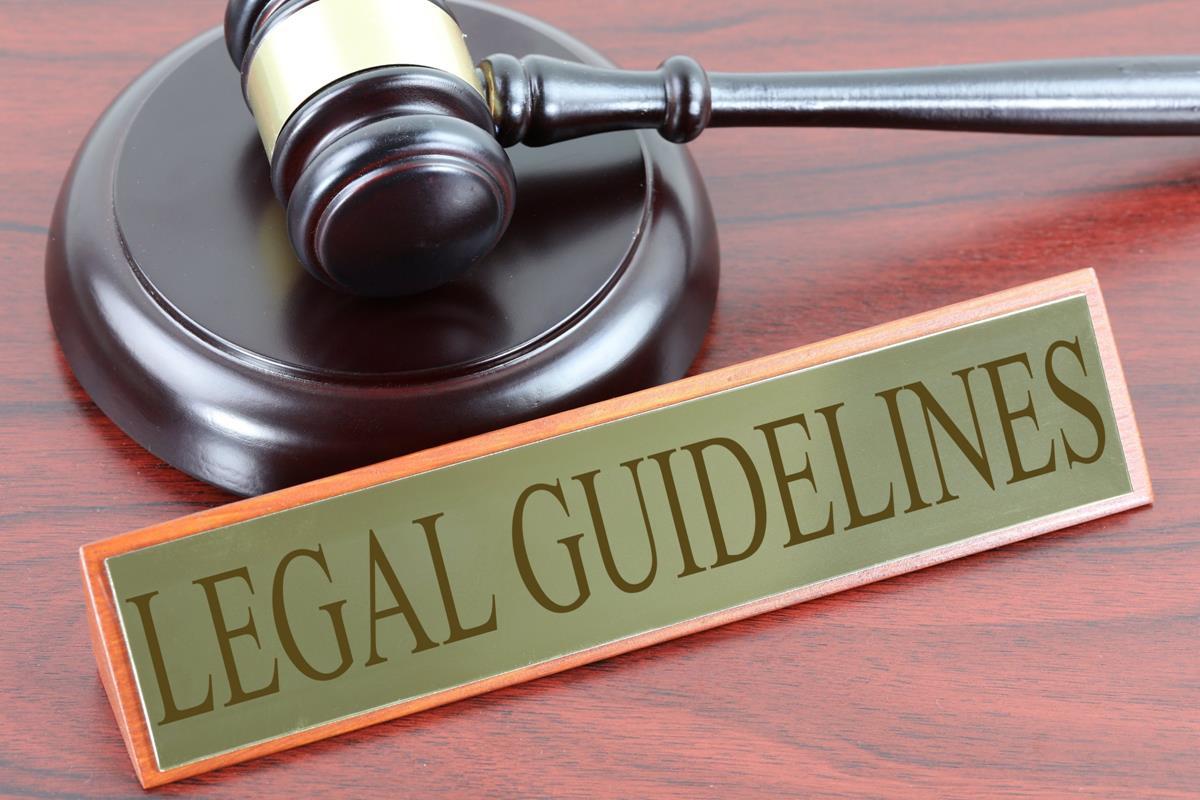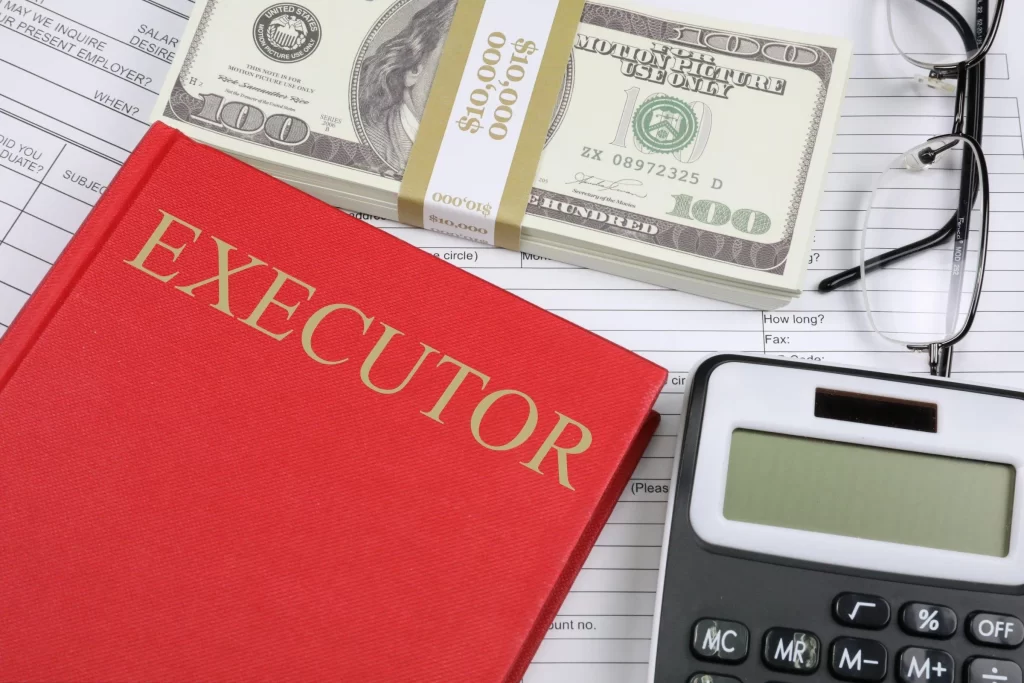When it comes to appointing an executor for your estate, it is crucial to consider the individual’s eligibility and qualifications to fulfill this important role. While many people may wish to nominate a trusted friend or family member, certain individuals are legally prohibited from serving as an executor. Understanding who cannot act as an executor is essential in ensuring the efficient administration of your estate. In this article, we will explore the various restrictions and limitations on who can serve as an executor, providing valuable insights for those embarking on the estate planning process.
Ineligibility Criteria for Executors under New York Law
Under New York law, there are specific criteria that determine who is eligible to act as an executor of an estate. Certain individuals are deemed ineligible based on various factors that may impact their ability to effectively carry out the duties and responsibilities of an executor. It is crucial to be aware of these ineligibility criteria when selecting an executor for an estate.
Individuals who are considered ineligible to act as an executor under New York law include:
- Minors: Individuals who are under the age of 18 are not permitted to serve as executors.
- Felons: Individuals who have been convicted of a felony are generally disqualified from serving as executors.
- Non-U.S. Citizens: Non-U.S. citizens may face restrictions on serving as executors depending on their immigration status.

Understanding Disqualifying Factors for Potential Executors
When considering who can serve as an executor of an estate, it is important to understand the various disqualifying factors that may prevent an individual from taking on this important role. Executors play a crucial role in overseeing the administration of an estate, and it is essential that they are able to fulfill their duties effectively. Certain factors may disqualify an individual from serving as an executor, including:
- Minors: Individuals who are under the age of 18 are typically not allowed to serve as executors.
- Convicted felons: Individuals who have been convicted of a felony may be disqualified from serving as executors.
- Individuals lacking mental capacity: Individuals who are unable to make decisions due to mental incapacity may not be eligible to serve as executors.
It is crucial to consider these factors when selecting an executor to ensure that the estate administration process runs smoothly and efficiently. If you have any concerns about the eligibility of a potential executor, it is important to consult with an experienced estate planning attorney for guidance.

Important Considerations for Choosing an Executor
When selecting an executor for your estate, it is essential to consider the legal qualifications that must be met in order to fulfill this important role. There are certain individuals who are prohibited from acting as an executor due to conflicts of interest or lack of capacity. It is crucial to carefully assess potential candidates to ensure that they meet the necessary criteria.
Individuals who are barred from acting as an executor include minors, individuals convicted of a felony, non-U.S. citizens, and individuals who are mentally incapacitated. Additionally, individuals who have a history of dishonesty or incompetence may also be disqualified from serving as an executor. It is important to select a reliable, trustworthy, and competent individual who is capable of handling the responsibilities associated with being an executor.

Guidelines for Selecting an Executor for Your Estate
When selecting an executor for your estate, it is crucial to consider who cannot act in this role. Certain individuals are not eligible to serve as an executor due to potential conflicts of interest or legal restrictions. It is important to be aware of these guidelines to ensure that the administration of your estate runs smoothly and according to your wishes.
Individuals who cannot act as an executor include minors, individuals who have been convicted of a felony, individuals who are not of sound mind or have been declared incapacitated by a court, and individuals who have been disqualified by a court. Additionally, individuals who have a conflict of interest, such as creditors or beneficiaries of the estate, should not serve as an executor. It is essential to carefully consider the eligibility of potential executors to avoid complications in the probate process.
Q&A
Q: Who cannot act as an executor?
A: There are certain individuals who are deemed ineligible to act as an executor.
Q: Can a minor serve as an executor?
A: No, individuals who are minors are not allowed to act as executors due to their lack of legal capacity.
Q: What about individuals deemed incapacitated?
A: Those who have been deemed incapacitated or unfit to make sound decisions are also barred from acting as executors.
Q: Are there any restrictions based on criminal history?
A: With certain exceptions, individuals who have been convicted of a felony may not be able to act as executors.
Q: What if someone is unable to handle the responsibilities of an executor?
A: If someone is unable to fulfill the duties of an executor due to physical or mental incapacity, they may be disqualified from serving.
Q: Are there any other factors that could disqualify someone from being an executor?
A: Yes, individuals who have a conflict of interest, such as being a creditor or beneficiary of the estate, may also be prohibited from acting as an executor.
To Conclude
In conclusion, it is important to be aware of who cannot act as an executor when creating your estate plan. By understanding the limitations and restrictions in place, you can ensure that your wishes are carried out smoothly and efficiently. Remember, choosing the right executor is a crucial decision that should not be taken lightly. If you have any doubts or questions, it is always advisable to seek professional advice to guide you through the process. Thank you for reading!






